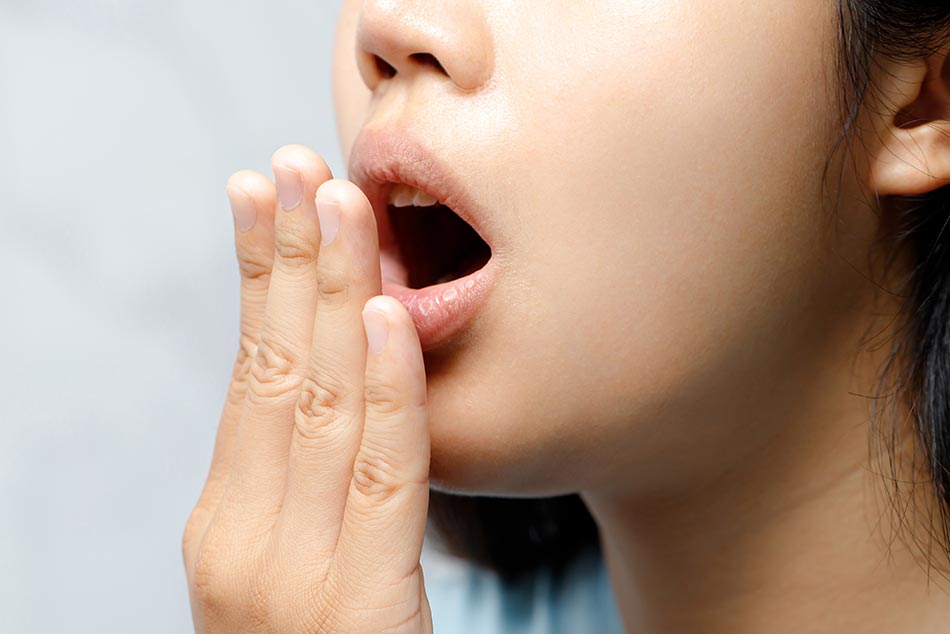Bad breath, also known as halitosis, is breath that has an unpleasant odor. This odor can strike periodically or be persistent, depending on the cause.Bad breath can be embarrassing and in some cases may even cause anxiety. It’s no wonder that store shelves are overflowing with gum, mints, mouthwashes and other products designed to fight bad breath. But many of these products are only temporary measures because they don’t address the cause of the problem.
In most people, the millions of bacteria that live in the mouth (particularly on the back of the tongue) are the primary causes of bad breath. The mouth’s warm, moist conditions make an ideal environment for the for these bacteria to grow








